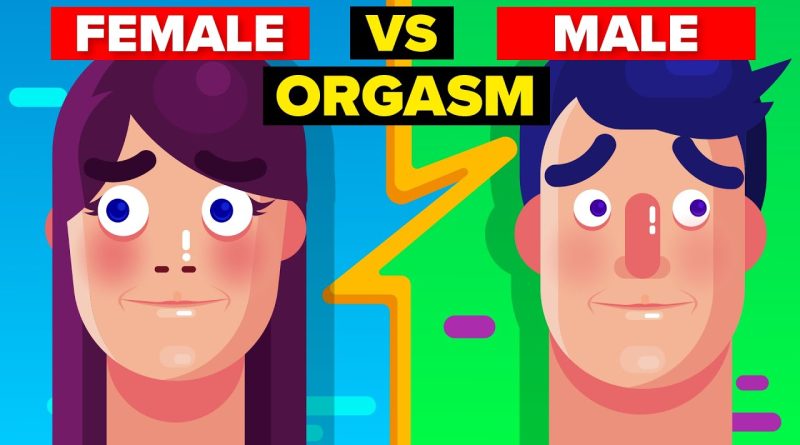Scientifically Speaking Which Is Better, Male or Female Orgasms?
For the majority of us, one of life’s great mysteries is how the other sex feels an orgasm.
Even while our own side of the coin can be excellent, it’s difficult to help but wonder if the other side might be doing even better.
We can’t have it both ways (without surgery to find out), but scientists are luckily focusing their attention on this puzzle.
There are many various aspects that can affect how we define “better” in the male vs. female orgasm discussion, as the boys from AsapSCIENCE explain in the video below.
Men often only experience orgasms for 3 to 10 seconds, whereas women frequently experience them for 20 seconds or longer. But if you don’t get to experience it as frequently, is longer better?
According to studies, whereas the average man experiences his 3–10 seconds in 95% of sexual interactions, this percentage only applies to women in 69% of those same encounters.
So the issue is, are some things worth the wait or would you prefer to have a shorter orgasm if it meant you were almost certain to actually receive it?
We’re talking about orgasms; if you think the remedy is so straightforward, you should be ashamed. The type of sex you’re having is another factor we need to consider.
According to AsapSCIENCE, a study that looked into the orgasms that a group of American participants between the ages of 21 and 26 experienced discovered that while gay and straight men experienced orgasms at roughly the same rate, the rate for women varied significantly depending on their sexual orientation.
According to the study, lesbians had orgasms about 12 percent more frequently than straight women on average, with 25% of lesbians reporting that they climaxed during every sexual session and nearly half reporting that they did so more than 75% of the time.
The shocking aspect for any non-lesbians out there is that they not only had more orgasms than their straight counterparts, but their sexual sessions lasted an average of 30 to 45 minutes as opposed to 15 to 35 minutes.
AsapSCIENCE explains that study also reveals that genetics may have a role in the higher frequency of orgasms, which could be explained by these prolonged experiences.
According to a study involving twins, genetics can predict a third of the likelihood that a woman would experience an orgasm during intercourse.
Of course, the most important component of having an orgasm is how they feel; length and frequency are arguably the least exciting aspects.
Strangely enough, research has shown that your genitals have virtually little influence on how an orgasm feels.
Let’s just say that while every person is unique, the other side of the coin may not actually be all that different, and you probably have evolution to thank for that one. We’ll let the video up above explain that one to you. Big hugs.



